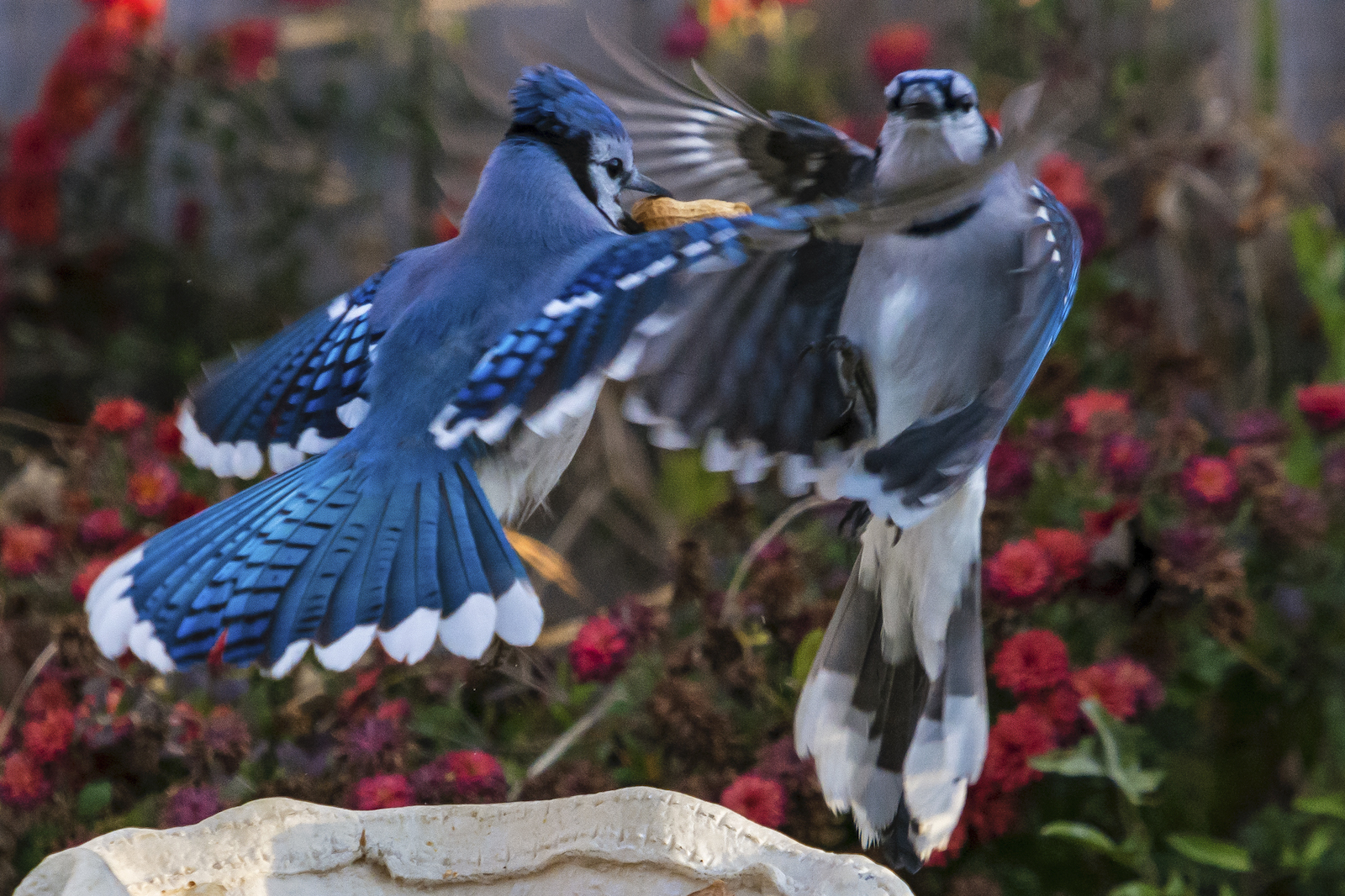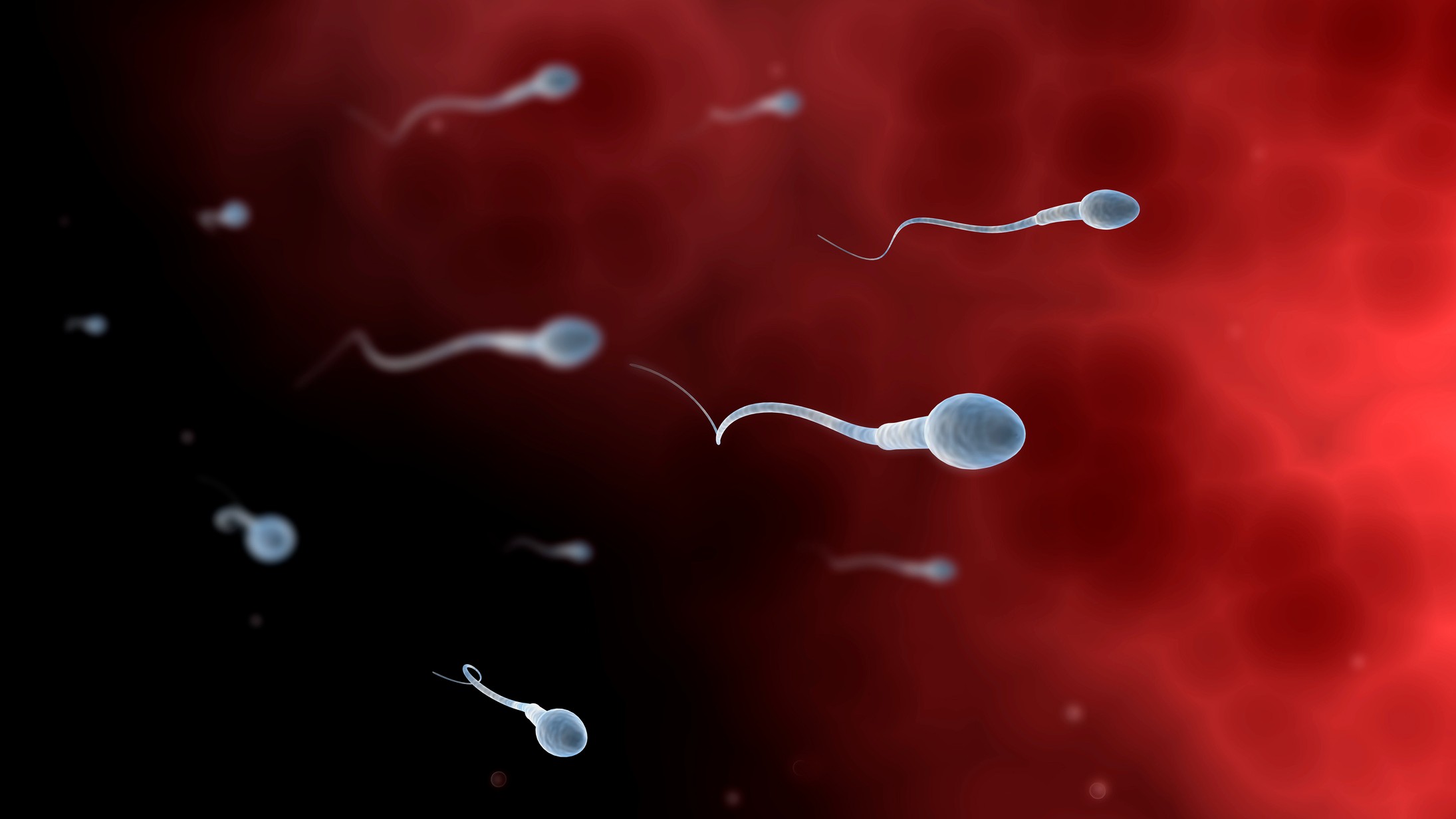
Cameron Duke
Cameron Duke is a contributing writer for Live Science who mainly covers life sciences. He also writes for New Scientist as well as MinuteEarth and Discovery's Curiosity Daily Podcast. He holds a master's degree in animal behavior from Western Carolina University and is an adjunct instructor at the University of Northern Colorado, teaching biology.
Latest articles by Cameron Duke

This 20-inch-tall cow may be the smallest on Earth
By Cameron Duke published
Rani, potentially the world's smallest cow, is likely the product of bovine inbreeding.

Mass bird die-off in eastern US baffles scientists
By Cameron Duke published
A mysterious illness is spreading throughout bird populations in the eastern U.S.

Why do some animals have sperm 20 times the length of their bodies?
By Cameron Duke published
Sperm come in tons of sizes, and it all has to do with how they have to find the egg.

World's first bionic vulture created
By Cameron Duke published
Lifesaving surgery gives a rare bird a leg up.

Humans might be making genetic evolution obsolete
By Cameron Duke published
A new study on human cultural evolution argues that humans evolve much faster as cultures than as individual organisms, molding our genes in the process.

Mysterious protein makes human DNA morph into different shapes
By Cameron Duke published
Human and mosquito cell nuclei have their own shapes, and researchers can mold one to look like the other.

Honeybee 'Trojan horse' virus relies on bees' habit of cannibalizing their young
By Cameron Duke published
An increasingly virulent pathogen is turning hygienic cannibalism on its head.

All hail 'Emperor Dumbo,' the newest species of deep-dwelling octopus
By Cameron Duke published
A new species of Dumbo octopus, nicknamed the Emperor Dumbo, has been dredged up from the deep sea.

No, men don't learn toxic masculinity from their fathers
By Cameron Duke published
A man's lack of friends may predict whether he will embrace toxic masculinity, while the presence or absence of a male role model early in life isn't a factor.

Genes of 500 million-year-old sea monsters live inside us
By Cameron Duke published
Primeval sea creatures share genes with humans, suggesting that we're more like ancient animals than previously thought.

Octopuses can 'see' light with their arms
By Cameron Duke published
Octopuses can "see" light with their arms, even when their eyes are in the dark, researchers have found.
Sign up for the Live Science daily newsletter now
Get the world’s most fascinating discoveries delivered straight to your inbox.


